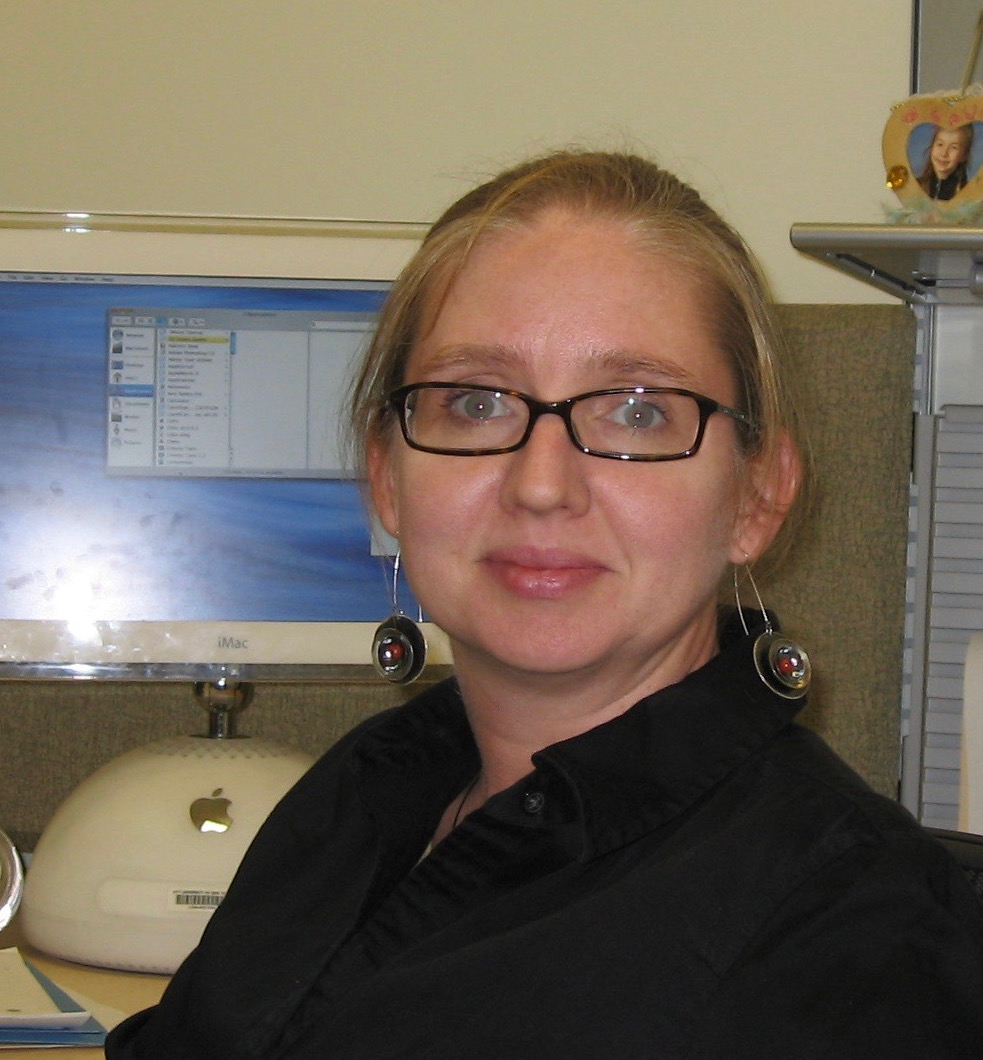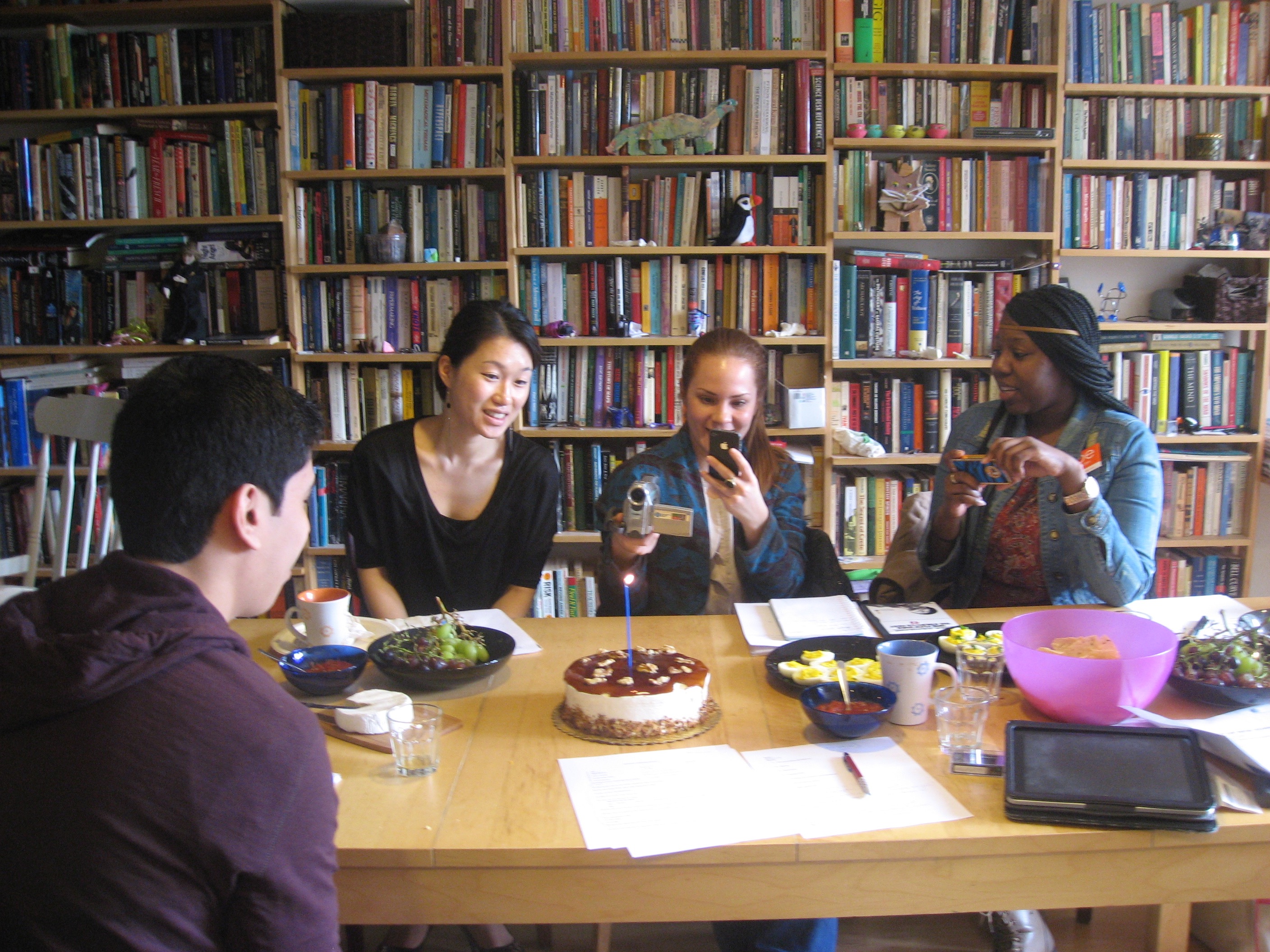by Dr. Lara Beaty
ABOUT THE AUTHOR

Dr. Lara Beaty
Lara Beaty earned a Ph.D. in developmental psychology at the CUNY Graduate Center. Her research focuses on student-school relationships, the interconnections between learning and development, and most recently the role of adverse childhood experiences in college experiences. Her overarching research investigates the influence of research groups on student experiences and college progress through the Student Experiences Research Group (SERG). The development of critical literacy, agency, an academic discourse, social relations, identity, and childhood experiences have been investigated as part of this work from a cultural-historical perspective. SERG continues to explore student experiences in the effort to understand college retention processes. She is currently a Co-Director of the Psychology Program.

SERG meeting (year 2)
The Student Experiences Research Group, SERG, celebrates 10 years as the 2021 semester concludes. More than 100 students have participated at some level as we’ve conducted six formal research studies and have explored both the research process and personal experiences of education. Hundreds of practice interviews and video autobiographies have been conducted, and students have presented some aspect of our work at least once a semester. The big question we always focus on is, “Why do so few students graduate?”, and in exploring this, we’ve looked at college preparation, demographics, employment, motivation, classroom context, childhood experiences, resilience, and more. Students have led the way in selecting the focus, designing surveys, collecting and analyzing data, and taking this to conferences such as the Hunter Psychology Convention, the Eastern Psychological Association, and the New England Educational Research Association. More importantly, students have reflected on and shared their own experiences as related to our research and, I would argue, have grown academically and personally because of our work.
I have also learned an enormous amount from students during this time. My goals have been to understand what keeps students engaged and developing as I have pushed research processes and goals that have often mystified students. Students helped me to understand how foreign research activities were that didn’t have clear deadlines and a top-down organization, which in turn helped me understand how students in general struggle with the strange requests that professors make. The confusion and discomfort about the purpose and value of our work led some students to leave SERG, yet some students who were most engaged explicitly spoke about how overcoming that initial confusion helped them develop in ways they had never considered. For me, that is what education should be about: developing new ways of engaging with the world. SERG alumni have gone on to a variety of colleges and graduate schools, earning degrees and beginning careers–though not always in psychology. From the first cohort of six students, I know that three went on to earn MSWs, one a masters in Industrial/Organizational Psychology, and one is working toward a PhD. There are now a couple of former SERG members in law school and one in medical school as well as other PhD programs. I hope to check in on everyone over the next year.
I have also learned that research can’t be done quickly if students are to understand and shape it’s directions. This led me to allowing students to join at any point and to give up completing all aspects of study within a year. I saw that having continuity over multiple semesters sustained students, and I saw how the relationships we developed provided students with a sense of belonging and connection that attending class never did. As I work on a book about these amazing students and the work we have done together, I want to urge students to get involved in research as a way of understanding academia in new ways, as preparation for their careers, and as a way of feeling at home at LaGuardia.
You can learn more about SERG, it’s activities, accomplishments and the way to get in touch here.